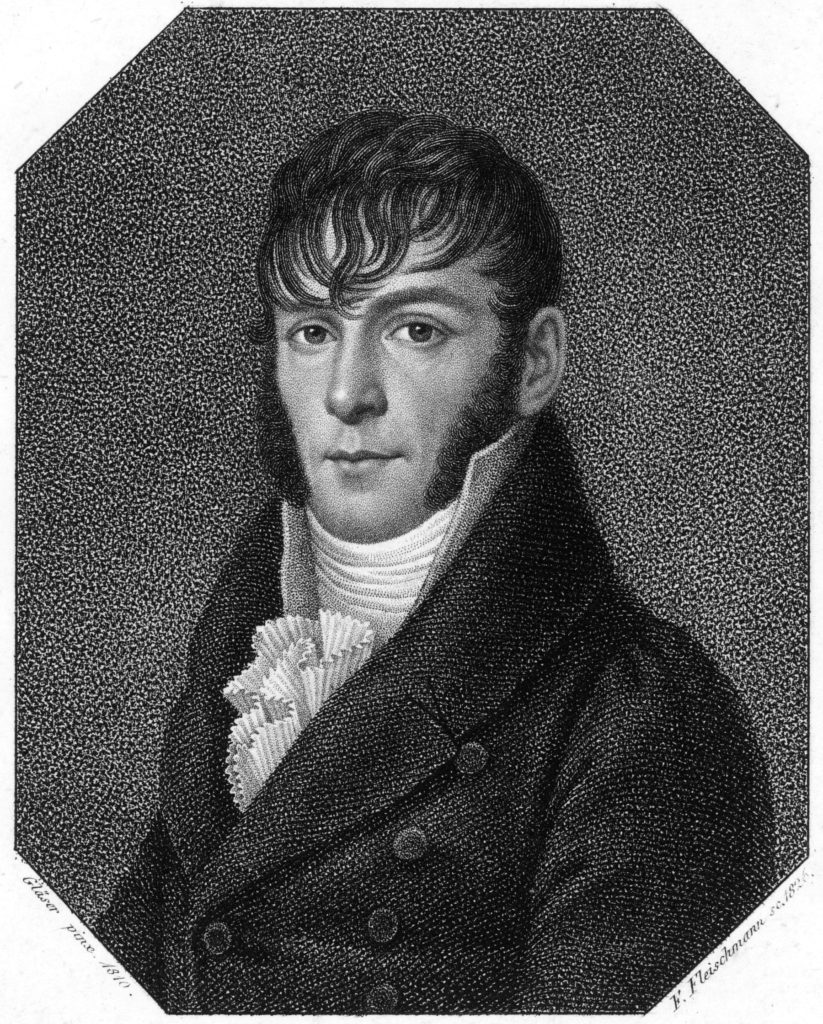Romanticism
The nineteenth century saw the emergence of a new sort of European literature. The cutting-edge writers of the time were consumed by a number of particular themes: the glorification of extreme emotion, particularly love; nostalgia for a distant, mystical, legendary past; and a passionate enthusiasm for nature wild and free, unspoiled by humanity and its bourgeois values!
Soon enough, visual artists and composers embraced these themes as well. For many such nineteenth century writers, poets, visual artists, and composers, over-the-top expressive content, nostalgia for the past, personal confession and the depiction of nature wild and free were the vehicles for achieving what their art – at its essence – was all about: spontaneous and magnified emotional expression.
The adjective “Romantic” came to be used to describe such emotionally charged and self-expressive art. And no nineteenth century, “Romantic era” composer believed more fervently in music as personal, emotional, and spiritual confessional than did Robert Schumann (1810-1856).
Robert Schumann: Early Life
He was born in the central German town of Zwickau on June 8, 1810, the fifth and last child of August Schumann and Joanna Christiana Schumann (née Schnabel).

We are told that if we do what we love, we’ll never work a day in our lives. Certainly, that applied to August Schumann, whose parlayed his love of books and literature into a career as an author, translator, and publisher.
August Schumann passed on his passion for literature to his youngest and, we are told, favorite child: Robert.
Robert began writing poetry at the age of ten. By thirteen, he was filling notebooks with poems, lyrics for songs, bits and pieces of dramas, and fictitious letters.
At the same time, he was developing as a musician. He began piano lessons at seven, and within a year he had written his first composition: a set of dances for the piano.
His early compositions aside, it was Schumann’s gift for improvisation that appears to have given him his greatest musical pleasure, a “gift” that he used to entertain his family and friends as well. Schumann biographer Peter Ostwald writes:
“Almost every biography of the composer mentions his uncanny ability to produce musical portraits that captured people’s mannerisms, movement, speech patterns, and physical appearance in sound. Schumann was ‘a portraitist who painted people, their likeness, their physiognomy, mentality and passions.’”
Typical of so many creative people, Schumann was not a particularly good student; he was given to daydreaming, and later admitted:
“I wasn’t always diligent, though I was by no means lacking [intelligence].”

Schumann’s father August died in 1826, when Robert was 16. According to the terms of his father’s will, Robert was left a generous trust from which he was to receive a stipend, but there was a catch: before he received a single pfennig, he had to complete a three-year university course of study. Schumann’s mother, who considered her son’s artistic “pretensions” to be a case of adolescent folly, insisted that Robert study law. To that end, Schumann was enrolled in the legal program at the University of Leipzig in March 1828, just short of his 18th birthday.
So, having arrived in Leipzig, did Schumann honor his mother’s wishes and dedicate himself to the law?
Do vegans eat foie gras?
Schumann did what young people have done from time immemorial: he went off to school, and far away from prying eyes he did exactly what he pleased. He later admitted:
“At 18 I went to Leipzig, in accordance with my mother’s wishes, to study law, but in accordance with my own still vaguely formed intent, to devote myself entirely to the study of music.”
…continue reading, only on Patreon!
Become a Patron!